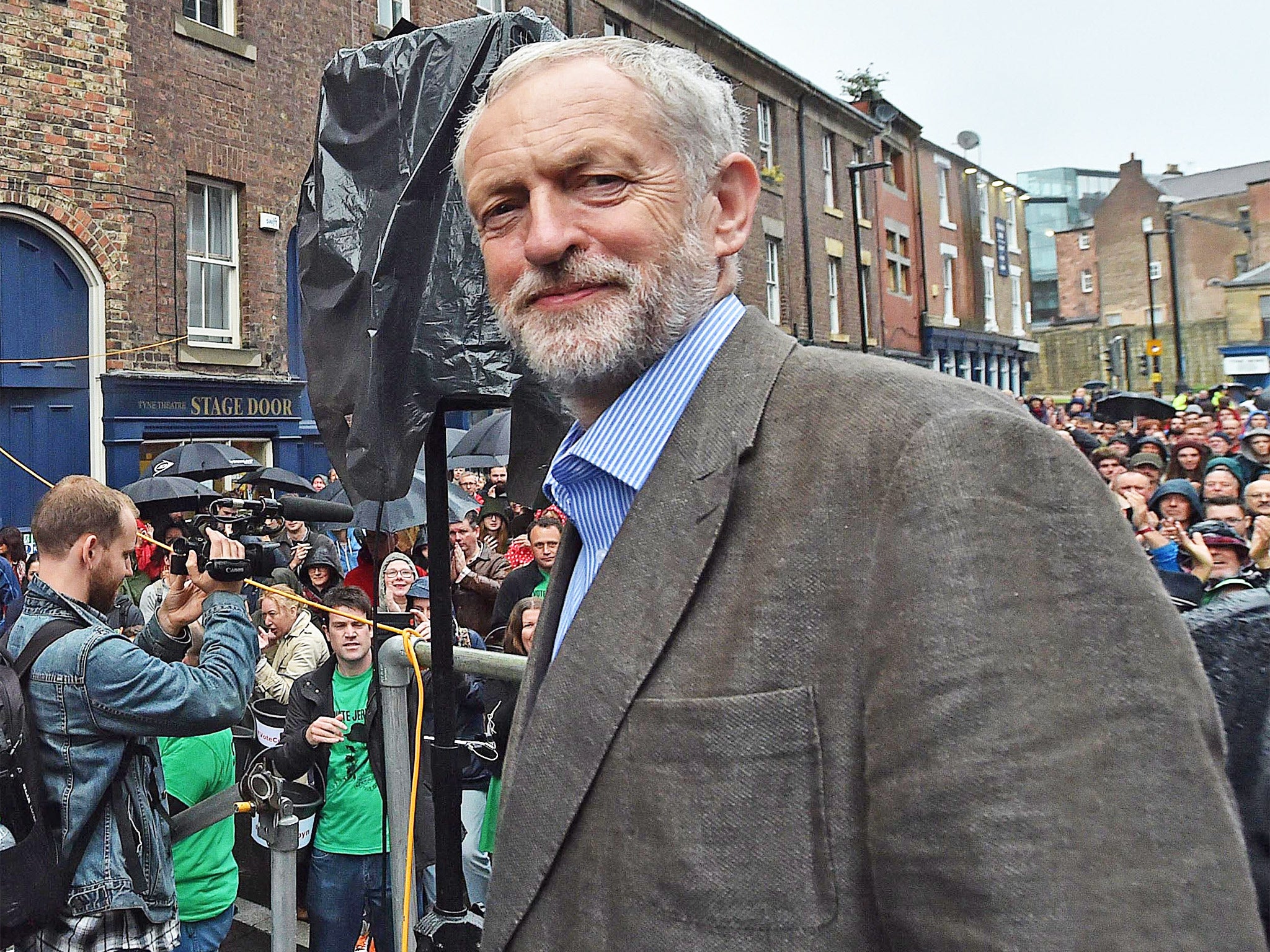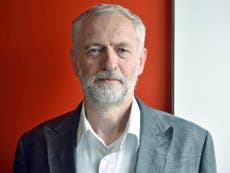The candidates fighting it out for leadership of the Labour Party have faced heightened media scrutiny ever since the contest began.
Chuka Umunna was widely assumed to be the frontrunner when he announced his candidacy and immediately came under the spotlight. Within days he had decided that the increased pressure was not for him – this time round at least. There were no scandals, just an intense focus that was evidently uncomfortable for him and his family.
With Umunna out of the running, the other centrist candidates took their turns under the microscope. Andy Burnham and Yvette Cooper are experienced characters, ex-ministers who have ploughed fairly classical political furrows. Liz Kendall’s background – early political interests, Oxbridge, parliamentary researcher – is pretty similar, though she has spent less time in parliament and never been in government.
None might have captured the imagination of the public, but to well-practised Westminster eyes – both political and journalistic – they are explicable, sensible people who can, to a greater or lesser degree, be imagined leading the Opposition.
But none of that took much account of a giant, Jeremy Corbyn-shaped spoke changing the nature of the race. Some have argued that this helps to explain why he has experienced a brighter media limelight than the others; his rise is not only surprising but provokes anxiety to mainstream minds. For despite a different political outlook, Corbyn’s emergence as the new favourite suggests that the “anti-establishment” sentiment, which both the SNP and Ukip (in their own ways) have tapped into, remains very much alive and well. The political over the politics.
Yet the particular scrutiny under which Jeremy Corbyn has found himself is not simply the result of a closing of ranks by the “establishment” or by the “MSM” (mainstream media as dismissively described) – both terms easily bandied about but not always very helpful.
Conspiracy theorists might like to imagine that opposition to Corbyn is based simply on fear of an uncontrollable political force, but that itself is too narrow an interpretation. His policies are at the very least open to considerable debate and to question their efficacy is not intrinsically to display a lack of independence or an ulterior motive.
Nonetheless, the most-recent questions about Corbyn’s outlook have started to get personal, with hints at connections to anti-Israeli or even anti-Semitic extremists and in one instance a Holocaust-denier.
At their heart such issues are vital, of course. British foreign policy in recent times has been heavily focused on affairs in the Middle East, so the views of a potential party leader on the relationship between Israel and the Palestinians, for instance, are important.
But some of the recent claims have been incredibly simplistic, seeking to prove guilt by association with a range of individuals whose views are beyond the pale but whose extreme opinions are not shared by Corbyn even if he happened once to appear on a platform with them.
Such attacks seem unlikely to have a significantly negative impact on the Corbyn’s leadership bid.
They also fuel the notion – itself rather facile – of an establishment-backed media trying any old trick to halt him in his tracks.





Join our commenting forum
Join thought-provoking conversations, follow other Independent readers and see their replies